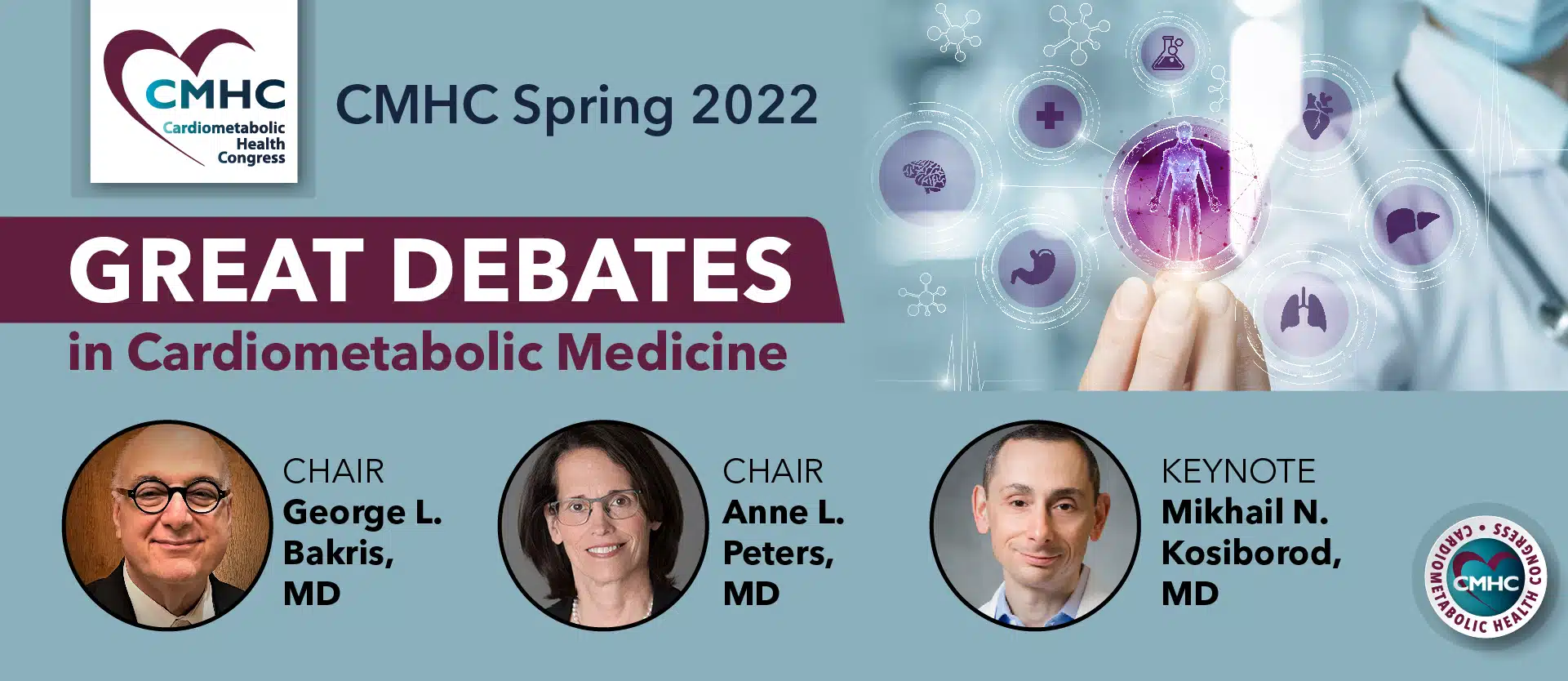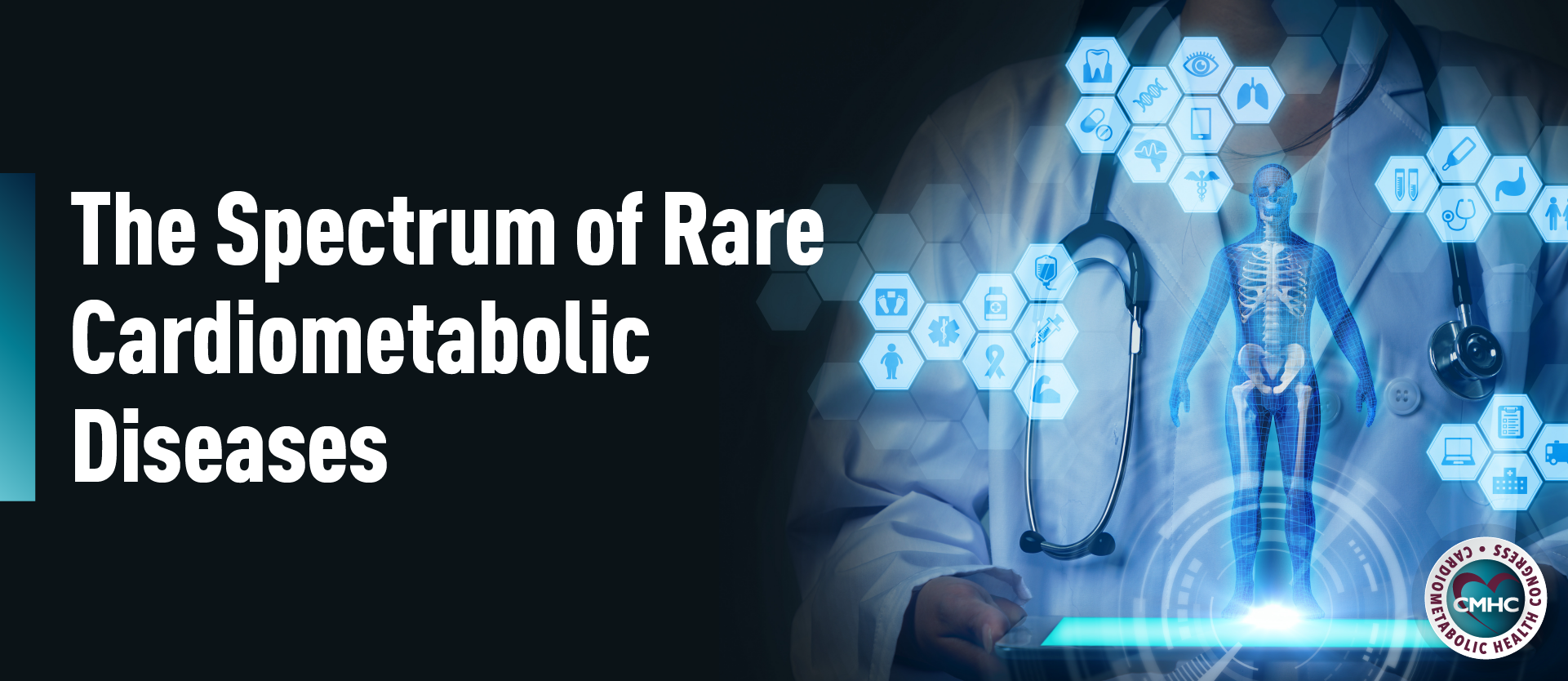The study consisted of 13 men with a BMI of 22.9 and 10 men with a BMI of 31.8. In the first part of the study, the researchers found that sperm from obese men had a distinct epigenetic signature in comparison to the normal weight men, particularly at genes that control brain development and function. In the second part of the study, the researchers observed 6 men before and up to a year after they had undergone bariatric surgery. Within weeks, 3000 differences in epigenetic patterns of the men’s sperm were seen, and after a year, as their diet and lifestyle improved, there were upwards of 5000 changes. Differences were particularly noted at gene regions associated with central control of appetite. These results, according to the researchers, demonstrate that the epigenetic landscape of human sperm is dynamic and vulnerable to environmental changes.
“It’s another critical piece of information that informs us about the very real need to look at the preconception health of fathers,” said Ida Donkin, MD in a press release, one of the authors of the study. “And it’s a message we need to disseminate in society.”
Learn more when CMHC faculty member Harold Bays, MD, an expert in obesity and how epigenetics contribute to obesity as a “transgenerational” disease, speaks at the inaugural CMHC West March 4-5, 2016 in San Francisco on “Treating Obesity Seriously: How Genetics and Epigenetic Factors Affect Weight.” (Also visit the CMHC website to view Dr. Bays’s presentation from the 10th Annual CMHC.)

















